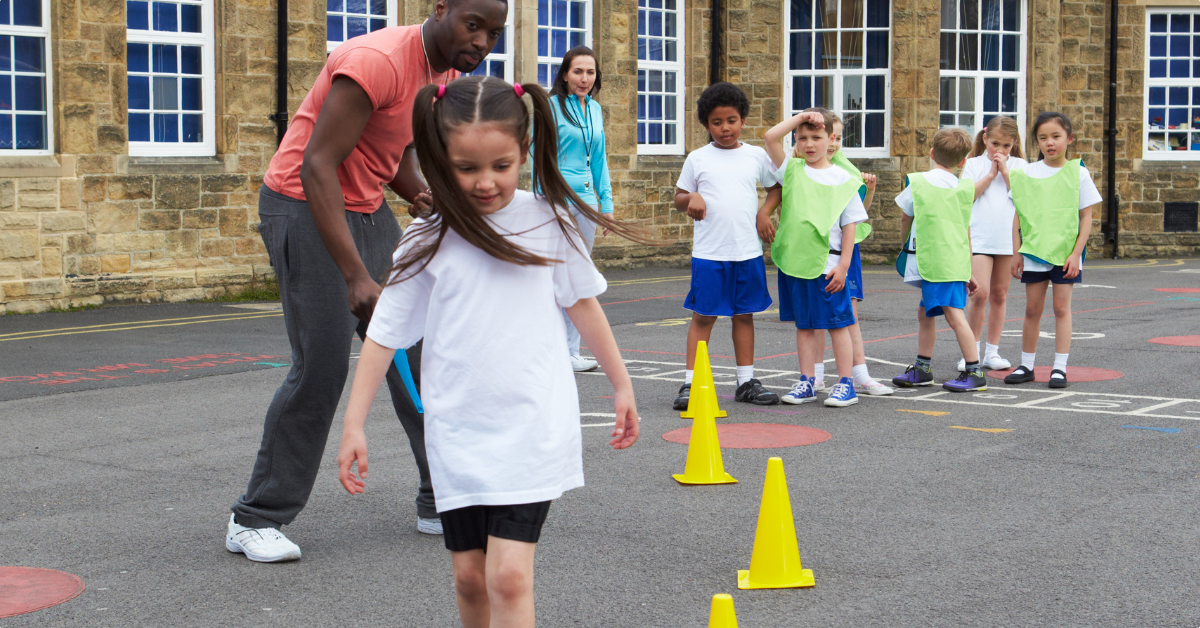Think back to 2012; what comes to mind? The chances are it’s the London Olympics. The last time we had held the Games before this was in 1948. It really was something to celebrate – remember Super Saturday? It seemed that the whole country had gone sport crazy.
Conversely, 2012 is also the year that funding for school PE was slashed. Worried about the future of PE and the pressures teachers were facing, we set up a social enterprise to work with schools to help inspire children and to build healthy active futures.
It was a really tricky time, but we survived. In fact, our service grew and we now work with schools across England, helping to engage thousands of pupils in sport and physical activity every year.
Fast forward ten years; we’re celebrating our 10th birthday; the House of Lords has recommended that PE becomes a core subject in its National Plan for Sport and Recreation and former children’s minister, Edward Timpson has led a Westminster Hall debate on the subject.
How times have changed!
Physical education is just as important as any other school subject
We firmly believe that PE should have the same status in schools as English, Maths and Science. Why?
High-quality PE is more than ‘just playing games or running around’. It impacts on a child’s physical, moral, social, emotional, cultural and intellectual development. While it can be a stress-reliever and provide respite from classroom-based learning, it also provides pupils with meaningful learning experiences.
PE squeezed from the curriculum
Department for Education guidance recommends that schools provide pupils with a minimum of two hours PE per week. However, as this is only a recommendation. It is up to schools to determine how much time should be spent teaching PE. This means we often see PE being squeezed from the curriculum. Pressures on schools to hit academic targets means that PE can be marginalised for additional Maths and English support and PE space is often compromised and made inaccessible for school plays, exams etc.
The many benefits of high-quality PE
Elevating PE to core subject status would increase appreciation of the subject, ensuring it is valued as much as reading, writing and maths. Another benefit from regular high-quality PE lessons is that it helps children to develop an interest in being active, which is essential for ensuring long-term active lifestyles, which in turn will reduce the burden on the NHS.
Alongside these, there is evidence that regular physical activity raises academic performance as following a bout of physical activity you are more alert and open to learning new things, problem solving and retaining information.
Looking to the future
We are delighted to be celebrating our 10th birthday and are so thankful to all the schools we have worked with over the past decade for putting their trust in us. While no one can predict the future, we are hopeful that the importance of PE and the need to help children to build healthy active futures will continue to grow.
One thing we can say for certain is that we will remain committed to creating and delivering innovative educational programmes that improve wellness and inspire children to be more active more often.



